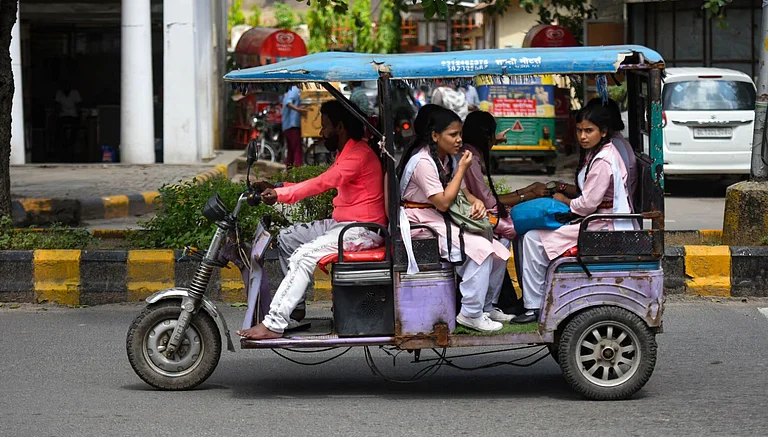The race against the virus that causes COVID-19 has taken a new turn: Mutations are rapidly popping up, and the longer it takes to vaccinate people, the more likely it is that a variant that can elude current tests, treatments and vaccines could emerge. The coronavirus is becoming more genetically diverse, and health officials say the high rate of new cases is the main reason, reports the Associated Press. Each new infection gives the virus a chance to mutate as it makes copies of itself, threatening to undo the progress made to control the pandemic. The World Health Organization has urged more effort to detect new variants. The US Centres for Disease Control and Prevention said a new version first identified in the UK may become dominant in the US by March. Although it doesn’t cause more severe illness, it will lead to more hospitalisations and deaths just because it spreads much more easily.
So far, vaccines seem to remain effective, but there are signs that some of the new mutations may undermine tests for the virus and reduce the effectiveness of antibody drugs as treatments. “We’re in a race against time” because the virus “may stumble upon a mutation” that makes it more dangerous, said Dr Pardis Sabeti, an evolutionary biologist at the Broad Institute of MIT and Harvard. Younger people may be less willing to wear masks, shun crowds and take other steps to avoid infection because the current strain doesn’t seem to make them very sick, but “in one mutational change, it might,” she warned. Sabeti documented a change in the Ebola virus during the 2014 outbreak that made it worse.
It’s normal for viruses to acquire small changes or mutations in their genetic alphabet as they reproduce. Ones that help the virus flourish give it a competitive advantage and thus crowd out other versions. In March, just two months after the coronavirus was discovered in China, a mutation called D614G emerged that made it more likely to spread. It soon became the dominant version. Now, after months of relative calm, “we’ve started to see some striking evolution” of the virus, biologist Trevor Bedford of the Fred Hutchinson Cancer Research Centre in Seattle wrote on Twitter.
Some lab tests suggest the variants identified in South Africa and Brazil may be less susceptible to antibody drugs or convalescent plasma, antibody-rich blood from COVID-19 survivors—both of which help people fight off the virus. Current vaccines induce broad enough immune responses that they should remain effective, many scientists say. Enough genetic change eventually may require tweaking the vaccine, but “it’s probably going to be on the order of years if we use the vaccine well rather than months,” Dr Andrew Pavia of the University of Utah said.


























